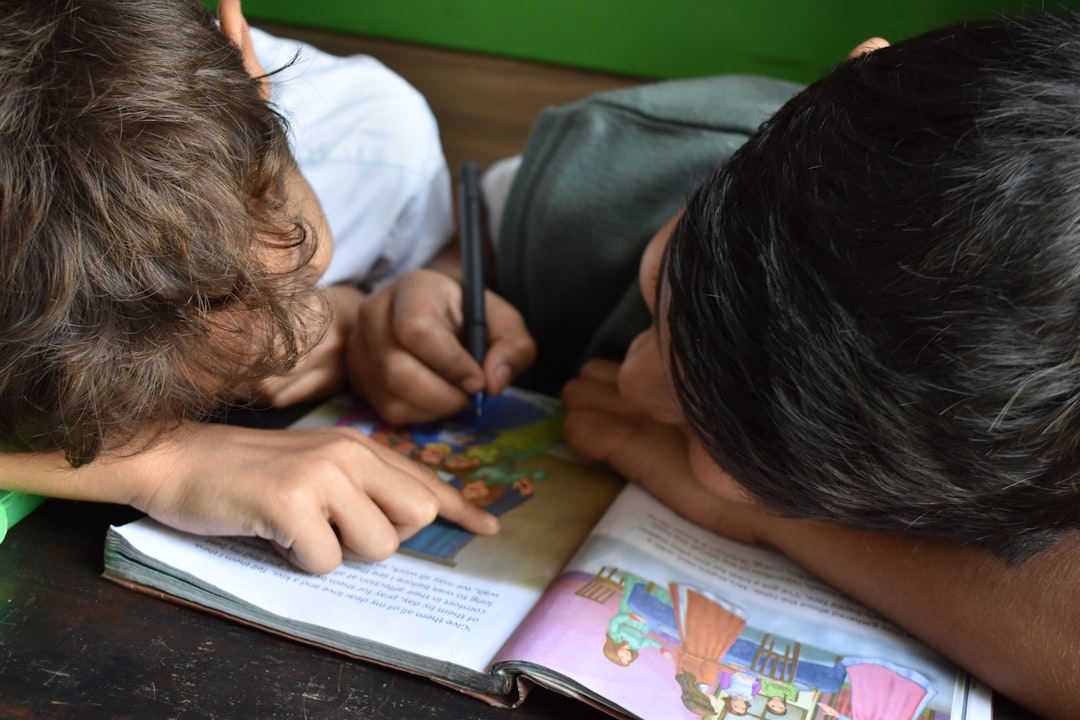What is it about?
A multidisciplinary research group at the University of Florida is studying the causes of febrile illnesses in Haiti. My research group specializes in virus infections. Following declaration by the WHO and PAHO of a chikungunya fever outbreak in Haiti, clinicians at the Univ Florida study site reported suspected arbovirus infections that were assumed to be due to Chikungunya virus. To cast a wide net, our research group does not restrict itself to identification of just a few target viruses by PCR-based methods, but instead, attempts virus isolation as well. Through virus isolation, a "mystery" virus was isolated from 3 persons, and the virus turned out to be Zika virus. This was the first report of Zika virus in Haiti.
Featured Image
Why is it important?
Little is known about the arboviruses in Haiti. In general, when a most probable cause is identified for an outbreak, diagnostic work is no longer performed; instead patients that present with similar clinical presentations are assumed infected with the agent identified as responsible for the outbreak, A problem with this notion is that many human arbovirus illnesses present with the same clinical presentations. In Haiti, in 2014, what was assumed to be recurrence of a chikungunya fever outbreak was in actuality incorrect. Following the chikungunya fever outbreak, there were "waves" of succeeding, separate outbreaks, caused by other arboviruses. The clinicians were confounded in their diagnoses because the clinical presentations were similar. Moreover, some patients harbored mixed arbovirus infections. It is important to know what the causative agent(s) is/are for patient management. The fact that Zika virus was identified in a few patients was at that time totally unexpected; the virus had not been detected in Haiti prior to our finding.
Perspectives
When we found Zika virus in Haitians infected in Dec. of 2014, and mentioned our findings to others, the general response was total lack of interest and apathy, because Zika virus was considered a "benign" and "unimportant virus". It was not until Brazil started reporting birth defects associated with Zika virus infection in 2015 that some notice was given to our work! Our work suggests that virus was in Haiti by year 2013.
Dr. John A Lednicky
University of Florida
Read the Original
This page is a summary of: Zika Virus Outbreak in Haiti in 2014: Molecular and Clinical Data, PLoS Neglected Tropical Diseases, April 2016, PLOS,
DOI: 10.1371/journal.pntd.0004687.
You can read the full text:
Contributors
The following have contributed to this page










